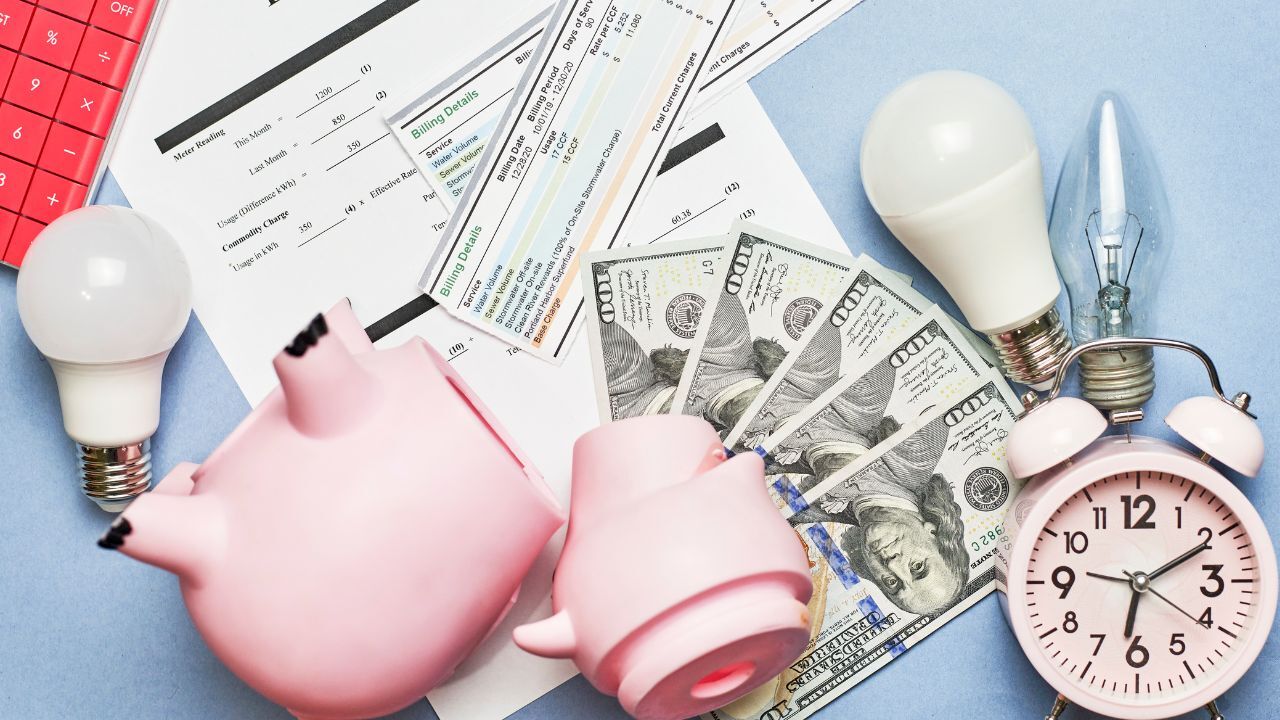 When it comes to money, emotions play a big role. Many home buyers get caught up in excitement, fear of missing out, or the desire to impress others. These feelings can influence mortgage choices, leading to decisions that might not align with long-term financial goals. Recognizing emotional triggers is the first step to making smarter choices.
When it comes to money, emotions play a big role. Many home buyers get caught up in excitement, fear of missing out, or the desire to impress others. These feelings can influence mortgage choices, leading to decisions that might not align with long-term financial goals. Recognizing emotional triggers is the first step to making smarter choices.
The Impact of Excitement on Homebuying: Falling in love with a property can make buyers overlook important details. A high-interest rate or a larger mortgage than you can comfortably afford may seem acceptable when the home feels perfect. Excitement can push buyers to act quickly, sometimes before they have explored all mortgage options. Taking a moment to pause and review the numbers can prevent regrets.
Fear and the Urgency to Buy: Fear of rising home prices or interest rates can drive hurried decisions. Many buyers feel pressure to lock in a mortgage even if the terms are not ideal. Anxiety can lead to overextending financially. Logical borrowing means assessing your budget, understanding different mortgage types, and choosing a loan that supports both your immediate needs and future goals.
Logical Borrowing Strategies: Logical borrowing focuses on numbers, not emotions. Evaluating income, debt, and long-term financial plans ensures your mortgage is manageable. Comparing loan types, rates, and terms helps you find the best fit. A mortgage originator can guide you through pre-approval, loan selection, and closing, making the process easier and less stressful. Combining planning with expert advice turns homeownership into a smart investment.
Balancing Feelings and Finances: Homeownership is emotional and financial. Balancing these aspects leads to confident decisions. Allow yourself to feel excitement about your home, but pair it with careful calculations and realistic expectations. Creating a budget, reviewing mortgage options, and planning for future expenses prevents emotional overspending and strengthens financial stability.
How Mortgage Originators Help: Mortgage experts are valuable partners. They provide objective guidance, explain options clearly, and help buyers focus on long-term benefits. By offering insight into rates, loan programs, and payment strategies, originators ensure emotions support rather than derail mortgage decisions. Working with a professional turns a potentially stressful process into a positive experience.
Making Smart Homebuying Choices: Understanding how emotions influence spending and borrowing helps you make smarter choices. Taking time to review finances, research mortgage options, and seek expert guidance ensures you select a loan that aligns with your goals. Combining excitement with logic transforms homeownership into both a rewarding and financially sound decision. Your home becomes a place of stability, security, and growth.
 Buying a home is one of the most exciting financial decisions you will ever make, but understanding what you can comfortably afford each month is essential for long-term success. Your ideal monthly mortgage payment should not just fit within your budget today, but also allow for financial flexibility and security in the future.
Buying a home is one of the most exciting financial decisions you will ever make, but understanding what you can comfortably afford each month is essential for long-term success. Your ideal monthly mortgage payment should not just fit within your budget today, but also allow for financial flexibility and security in the future.